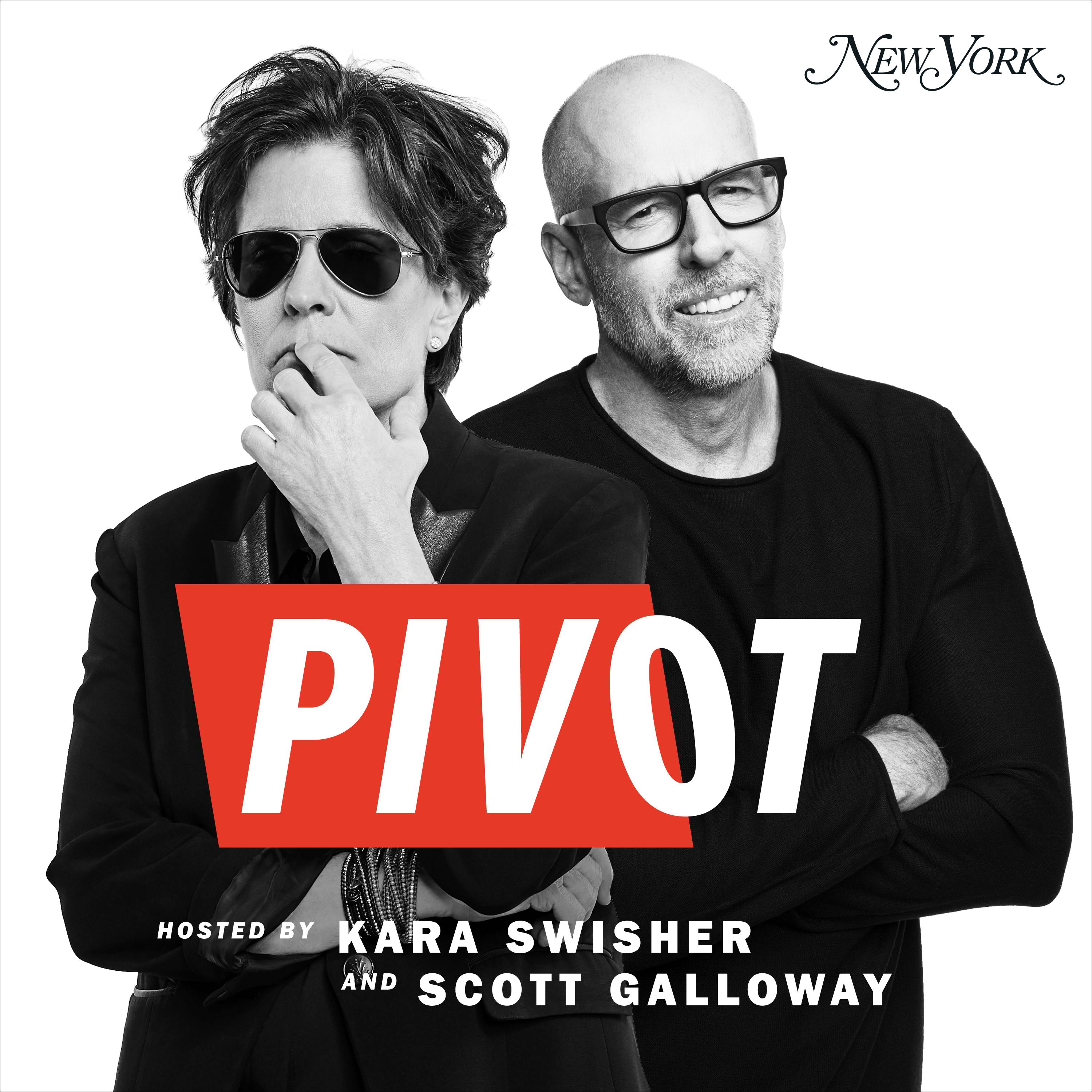
Prof G Markets: The Art of Spending Money

Pivot
Deep Dive
Why does Scott consider buying a Renault Le Car when he was younger as one of his worst purchases?
Scott considers buying a Renault Le Car his worst purchase because it took all of his disposable income and more, and he ended up losing the car when it got towed and sold for scrap. He spent around $2,500, and the insurance was extremely expensive, totaling about $10,000 a year in today's dollars. He felt it was a necessity for his social life in Los Angeles but was a financially irresponsible choice.
Why does Scott prefer spending money on experiences rather than things?
Scott prefers spending money on experiences because he believes people remember and derive more joy from experiences than from material possessions. He cites his own experiences, such as buying homes when his kids were young and taking amazing trips, as examples of purchases that brought long-lasting happiness.
How did Scott's childhood influence his approach to spending money?
Scott's childhood, marked by financial insecurity and a father who was painfully cheap, influenced his approach to spending. He developed a strong sense of shame around money and a determination to never be like his father. Now, he prides himself on being generous, especially with travel and treating others, to avoid the feelings of embarrassment and inadequacy he experienced growing up.
How does Scott handle the check when dining with friends and someone orders an expensive bottle of wine?
Scott believes that if someone orders an expensive bottle of wine, they are signaling that they will pay for dinner. If it's a group of guys and everyone is making good money, the general format should be to split the bill unless someone goes overboard. He emphasizes that good friends will not overorder and that the bill should even out over time.
Why did Scott move from New York to Florida after the Great Financial Recession?
Scott moved from New York to Florida to cut their burn rate significantly. They were able to reduce rent by 60% and private school tuition by two-thirds, saving about $150,000 to $200,000 a year, which they then invested in the stock market. This lifestyle arbitrage helped them manage their finances better, especially with children.
How does Scott budget for philanthropy after hitting his financial goals?
Scott decided that once he hit his financial goals, he would either spend or give away any additional money. He invests in charities and causes he believes in, such as mental health and vocational training. He also gives money back to UCLA and Berkeley, recognizing the support he received from California taxpayers. For him, philanthropy is not just an ethical thing but also makes him feel good and strong.
Why does Scott think it's important to be generous with employees who don't have as much money as he does?
Scott thinks it's important to be generous with employees because it provides them with more meaningful and tax-free benefits. He believes that giving gifts to employees, such as AirPods or scarves, is more impactful than simply increasing their compensation. It also helps in building a strong and positive work environment.
- Early car purchases were the worst due to financial constraints and lack of need.
- BMW purchase in his 20s was a "smart signaling" purchase, understanding the context of mating years and social signaling.
- Experiences outweigh material possessions in long-term value and memory.
Shownotes Transcript
Scott breaks down the best and worst purchases he’s ever made, and why he prefers spending money on experiences rather than things. He also shares how his childhood still impacts the way he thinks about spending. Scott and Ed then discuss how to navigate spending in common situations such as dinners with friends, weddings, and the holidays. Ed asks for advice about how to prepare for the cost of having children. And Scott also explains why it's important to make sure your spending lags behind your income.
Listen to more from Prof G Markets here).
Learn more about your ad choices. Visit podcastchoices.com/adchoices)